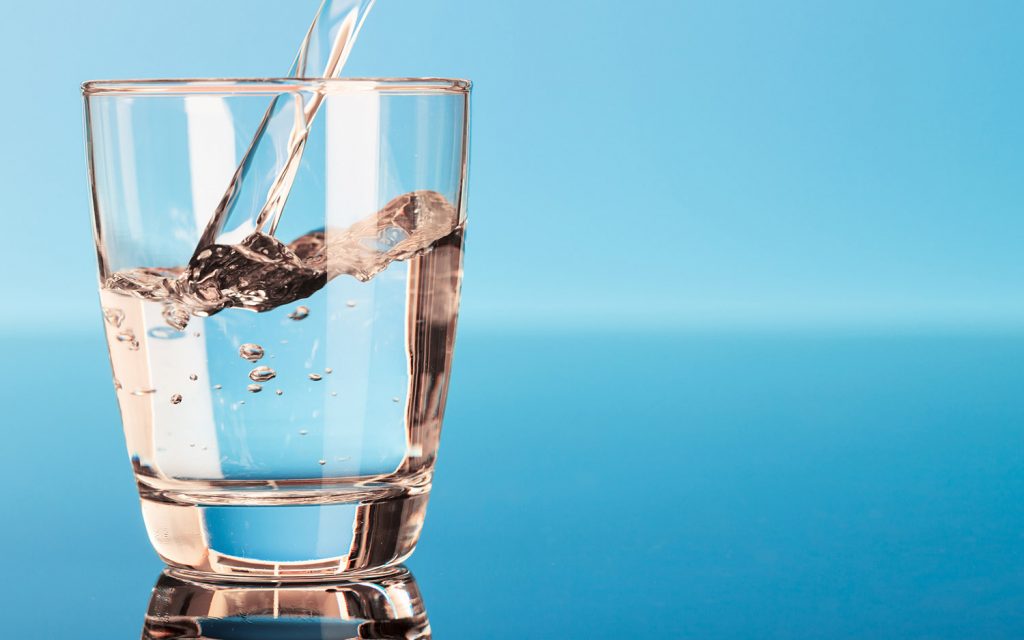Bugs are everywhere around us. They are inside of us, on the food we eat, and in the water we drink. Household water in the western world is usually treated to remove impurities and pathogens. However, in situations where you find yourself away from purifying facilities and need to drink water from a stream or other water body, it’s useful to be able to remove biologically dangerous particles.
Microbiological water filters perform this role without the need for chemicals and are useful for casual walkers, explorers, the armed services, emergency response and for humanitarian situations where clean water is not available. High-quality microbiological filters use ultra filtration technology to remove up to 99.9 per cent of viruses, bacteria, cysts and parasites, and they can have the capacity to produce and store a product that will last for up to ten years thanks to advanced technology that prevents water vapour diffusion and the corrosion of the container. No more fiddling around lighting fires or gas stoves and waiting to boil up pans of dirty water; using a filtered water system is simple and the water is ready to drink within a few minutes.
Filter Size and Use
There is a range of microbiological water filters on the market to choose from depending on your requirements and situation. The smallest products are individual bottles holding just 750 ml that are suitable for filtering water on demand but not for storing water. These are made for one person and are ideal for outdoor activities such as hiking, canoeing and sailing. Larger-capacity bottles are available for two to four people. Water filter jerry cans or other such containers are suitable for carrying water for immediate use to cater for groups ranging from expeditions to family camping.
Finally, a large range of container sizes are available that are capable of filtering and storing from between five litres and 750 litres of water. These can be mounted in a stationary position or on a mobile device and are suitable for providing safe water storage for schools, hospitals and other communities requiring long-term clean water programmes or during emergency rapid response situations.
Even the smallest of bottles can be used to filter up to 1,500 litres of water per replaceable filter cartridge, while the largest tanks filter up to 2 million litres over an extended period of time. Your choice of product needs to be robust enough to survive an extended lifetime even with frequent use.
Clean Water is essential
At worst, waterborne microbes include those that cause cholera, typhoid, polio and the many enteric bugs that cause diarrhoea (the second-leading killer of children under 5 years of age) while 50 per cent of hospital bed occupancy in developing countries is due to these pathogens. Even in the European region, the World Health Organisation estimates that up to 120 million people do not have access to safe drinking water. From preventing stomach complaints in weekend walkers to preventing disease outbreaks in unsanitary situations around the world, the provision of safe, clean water is essential.
